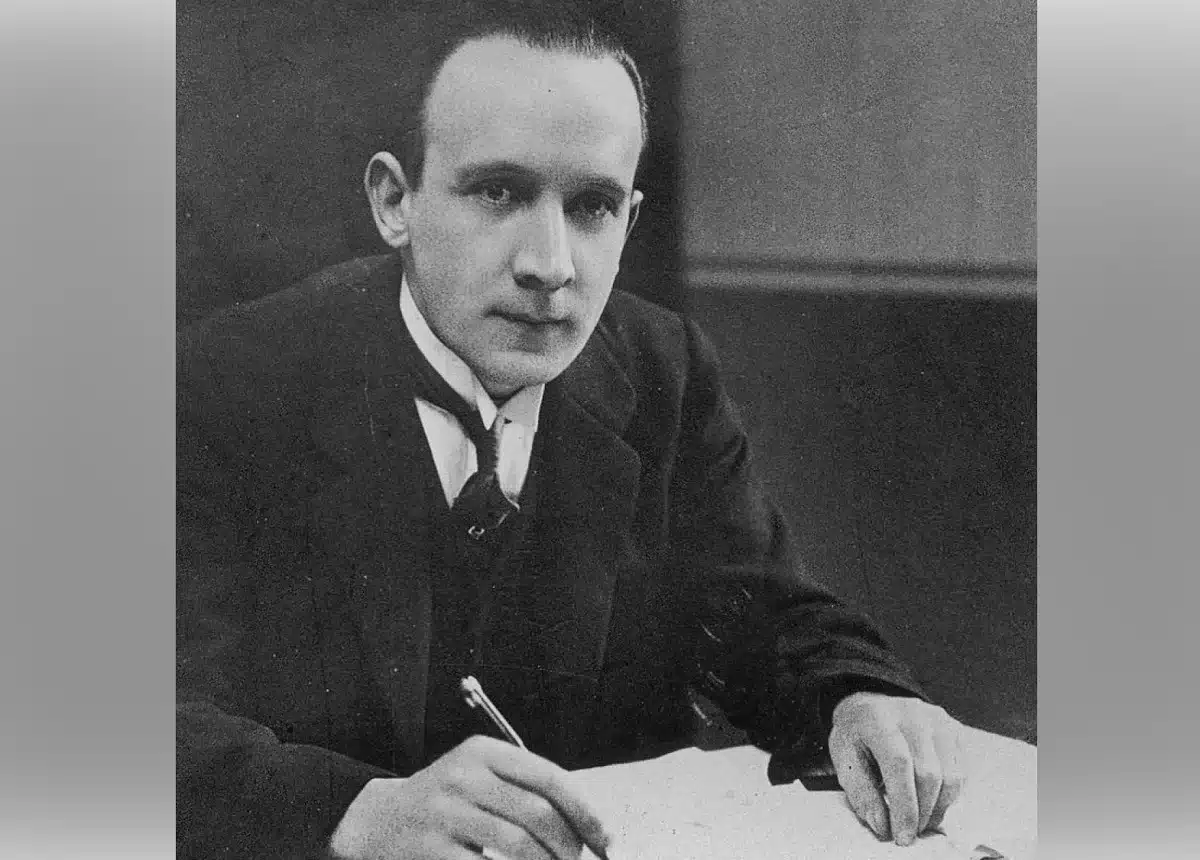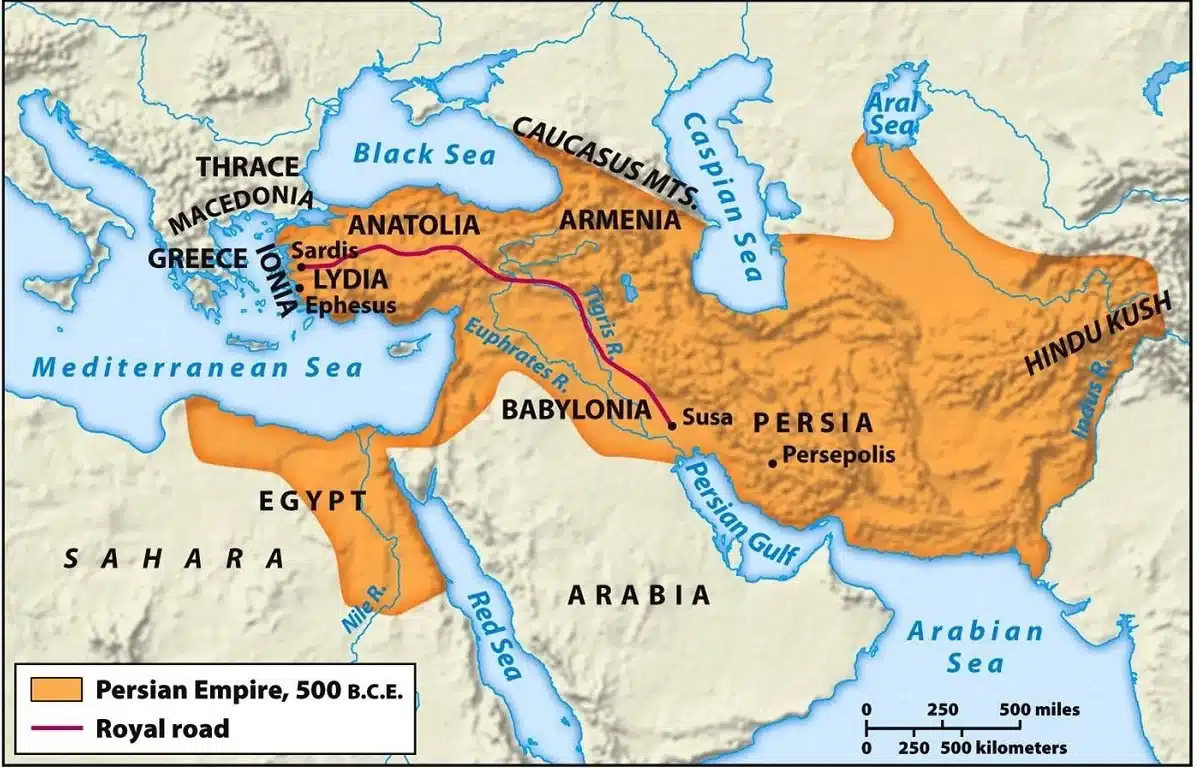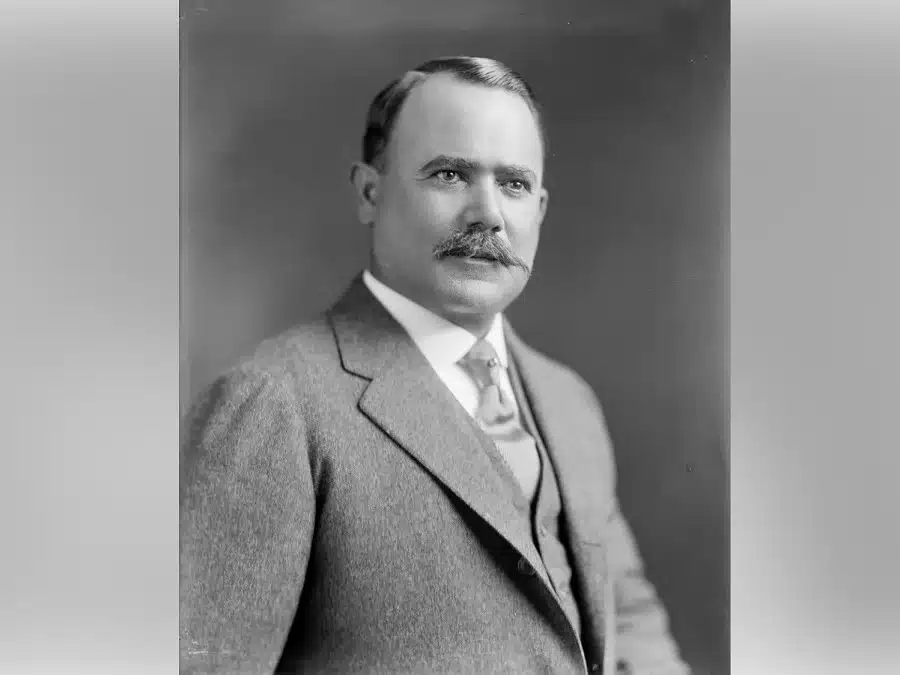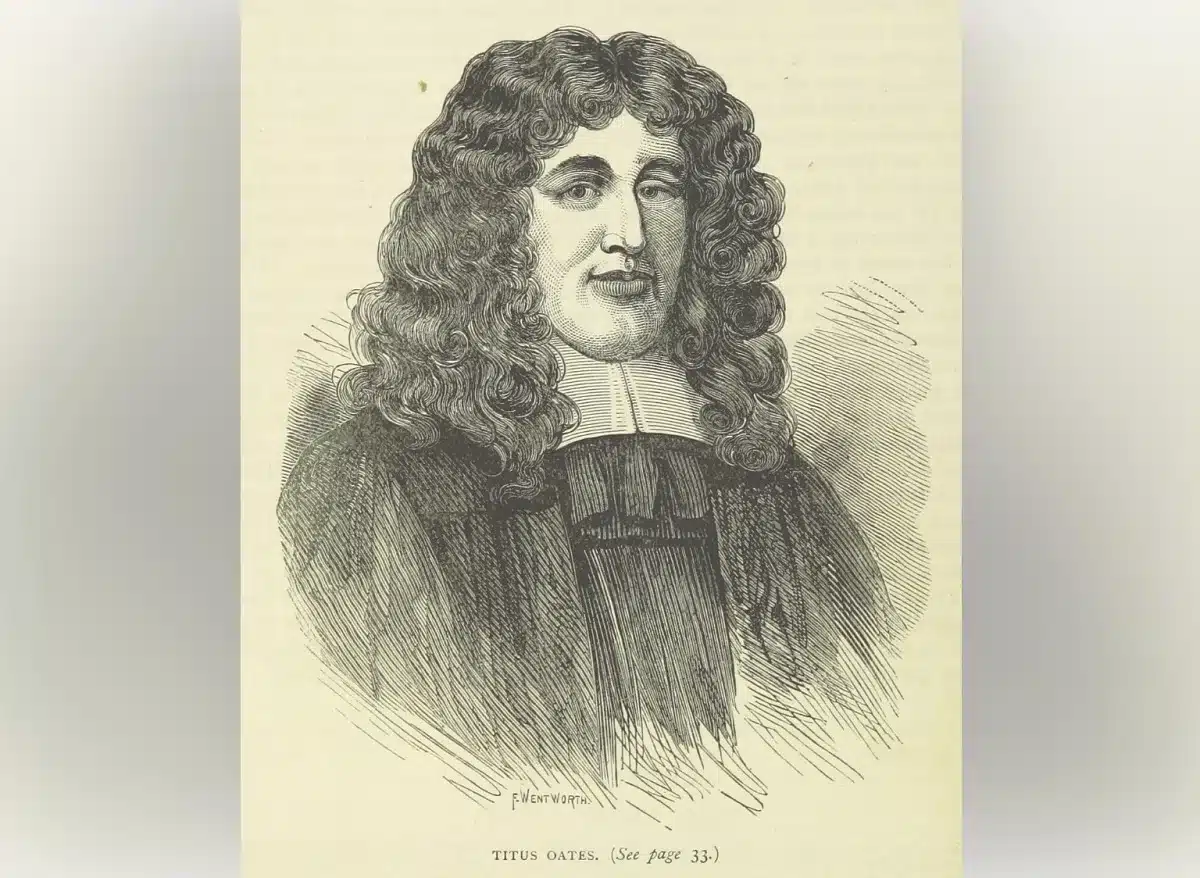Milton Obote has gone down in history as one of Uganda’s most influential and also most controversial political figures. Born on December 28, 1925, Obote grew up in the Apac region of northern Uganda. After completing his university education at Makerere University, he embarked on a political career.
His Life and Political Career
Political Rise and Struggle for Independence
Entering the political arena in the late 1950s , Obote became the leader of the Uganda People’s Congress (UPC) in 1960. In 1962, after Uganda gained independence from Britain, he took office as the country’s first prime minister. During this period, Obote tried to shape the political and economic structure of Uganda and implemented policies aimed at the development of the country.
First Term Prime Ministry and Struggle for Power
Obote’s first term as prime minister ended in 1966 when he abolished the Ugandan constitution and switched to the presidential system. During this period, his power struggle, especially with Kabaka (King) Mutesa II, reinforced Obote’s authoritarian approach to government. Using military force, Obote forced Mutesa II into exile, leaving him as the sole leader of Uganda.
Obote’s Presidency and Second Term
Obote as President
Obote , who served as president of Uganda from 1966 to 1971 , tried to change the economic structure of the country by implementing socialist policies during this time. However, these policies resulted in widespread corruption and economic stagnation. During Obote’s term, human rights violations and political pressures increased, which brought about international criticism of Uganda.
1971 Coup and Life in Exile
In 1971, Obote was overthrown and exiled in a military coup led by Idi Amin. During his years in exile in Tanzania, Obote made plans to return to Uganda, and in 1980, following Amin’s overthrow, he took office as Uganda’s president for the second time.
Second Term Presidency and Subsequent Years
Obote’s second term was again marked by intense political repression and human rights violations. During this period, the civil war and ethnic conflicts that began in northern Uganda continued to shake the stability of the country. In 1985, Obote was removed from power for the third time by a military coup and went into exile in Zambia.
Obote spent most of his life in exile in Zambia and died on October 10, 2005. Milton Obote holds an important place in Uganda’s history, and the events that took place under his leadership deeply affected the political and social structure of the country. His legacy remains controversial, both for his progressive efforts and his authoritarian style of rule.





